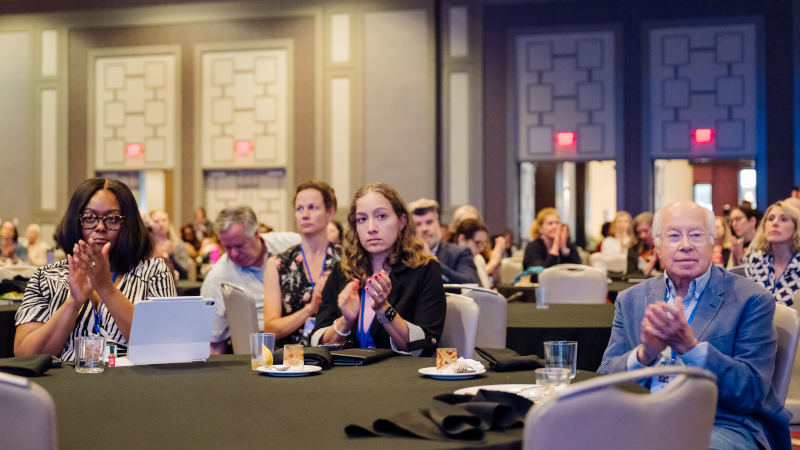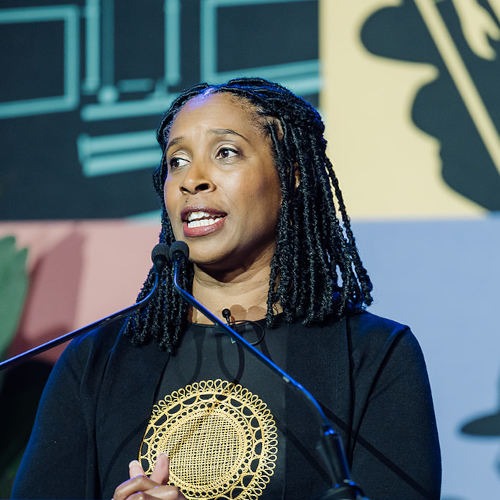Courageous Action for the Health of Our Communities
The final day of the 2025 Annual Conference on Health Philanthropy focused on milestone moments in health like the 20th anniversary of Hurricane Katrina and elevated the philanthropic partnerships already inspiring a better tomorrow. While much of the conference was spent reflecting, today was marked by action and what comes next: standing firm in values, being courageous, and co-creating a vision for the future.
Reimagining Health Philanthropy, Together
During Day 2 of the 2025 Annual Conference on Health Philanthropy, attendees across sectors worked together to identify the intersections of their work and co-created solutions for healthier, thriving communities. Sessions spanned a wide range of topics, from exploring business’ role in health equity to strategies for supporting staff in uncertain times.
Strong Ethics Policy Creates a Culture of Transparency
Almost daily, we are faced with making ethical decisions in our personal and professional lives. This is particularly true for those of us who work at foundations. Foundation board members and staff are often subject to intense pressure to provide funds for particular organizations.
A Foundation Helps Launch a FQHC
For the past decade, free-market thinking has all but dominated the national discussion of health care. New kinds of coverage have resulted, including health savings accounts, along with new players in delivery, like the urgi-care clinics at Wal-Mart.
Nurse-Managed Health Centers
Safety-net providers are an essential source of health care for vulnerable populations, including the uninsured, the underinsured, and undocumented immigrants. Cuts in Medicaid funding further threaten this already fragile infrastructure. Policymakers, advocates, and foundations can all play a role in shoring up safety net providers.



